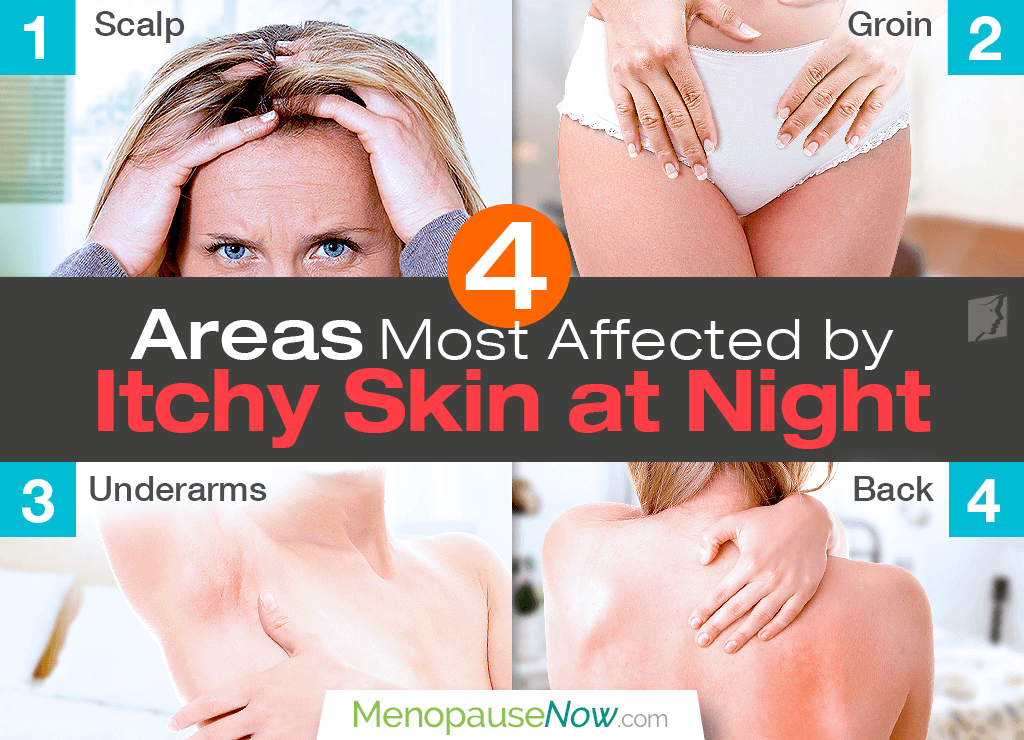Skin irritation is uncomfortable in any situation, but when it causes constant, night-long scratching, it can make a good night of restful sleep impossible. Luckily, by focusing on the key areas that tend to be the most bothersome, it's possible to find relief quickly and easily. Read on to learn more about the four areas that are most affected by itchy skin at night so that you can get restful sleep and have an energized morning.
Scalp
Sweat and oil from the skin that get trapped can cause extra irritation and result in an itchy dermis on the scalp, leading to dandruff if it's not controlled properly. Those experiencing an itchy scalp at night can see improvement in this area by regularly washing pillowcases with normal loads of laundry and keeping the scalp well-hydrated and clean.
Groin
If you do not bathe or shower on a daily basis, sweat and body odor can fester in the groin area, causing an incessant itch to develop, especially when you are just winding down for the day. This can be especially true if pubic hair begins to grow after a few days of shaving. Keep your private area clean and well maintained, and wear loose cotton clothing - avoiding synthetic fibers - to prevent itchiness.
Underarms
As sweat collects under the armpits throughout the night, and if there is no room for circulation as you have your arms down by your sides, underarms may begin to itch. Underarms can also begin to itch from lack of good hygiene and if hair is left to grow too long. For optimal comfort, shave and clean them regularly.
Back
Due to its lack of easy access, the back is easy to overlook when moisturizing, and its large surface area can be doubly irritated by potentially rough fabrics of sheets and sleepwear. A conscious effort to remember lotion application and substitute synthetic fibers for cotton sheets and pajamas can significantly reduce the problem.
There are several quick changes to lifestyle and environmental factors that can provide relief from itchy skin at night, but for many women - especially those going through menopause - it's important to treat the underlying issue of hormonal imbalance. A balanced diet, a steady exercise routine, and natural herbal supplements are just a few of the many effective itchy skin treatments that can help to alleviate symptoms at the source to have you sleeping easy in no time flat.
Sources
- Mayo Clinic. (2018). Itchy skin (pruritus): Symptoms & causes. Retrieved march 20, 2019, from https://www.mayoclinic.org/diseases-conditions/itchy-skin/symptoms-causes/syc-20355006
- NHS. (2017). Itchy skin. Retrieved March 20, 2019, from https://www.nhs.uk/conditions/itchy-skin/



